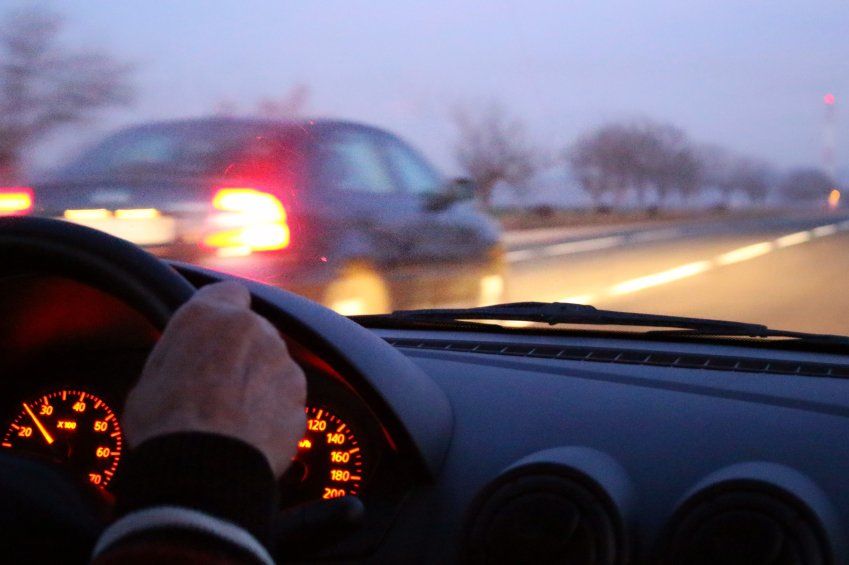 As parents, there are plenty of nail-biting decisions that must be made in order to raise a child into adulthood. One of these decisions is whether you should allow your underage child to drink alcohol in your home. However, you also have to consider that your child has friends, and that friend has parents too. So, that means that your child could possibly be allowed to drink in someone else’s home… or, at a party where the adults aren’t even at home. If you’re a parent with a “zero tolerance” policy toward alcohol in your home, it can be devastating to find out that your child has been allowed to drink in another adult’s presence. That’s where “social host” laws are important.
As parents, there are plenty of nail-biting decisions that must be made in order to raise a child into adulthood. One of these decisions is whether you should allow your underage child to drink alcohol in your home. However, you also have to consider that your child has friends, and that friend has parents too. So, that means that your child could possibly be allowed to drink in someone else’s home… or, at a party where the adults aren’t even at home. If you’re a parent with a “zero tolerance” policy toward alcohol in your home, it can be devastating to find out that your child has been allowed to drink in another adult’s presence. That’s where “social host” laws are important.
Recently, in Virginia, a couple was arrested for giving teenagers alcohol at a sleepover, and charged with various crimes that fall under the Commonwealth’s social host laws. Essentially, the couple will face criminal charges for contributing to the delinquency of a minor, and furnishing alcohol to an underage minor. Social host laws establish various guidelines in each state about underage drinking and the responsibility of bars and taverns in the case of drunk driving accidents. These laws don’t necessarily protect the person who has been drinking, whether a minor or an adult, but serve as a deterrent for anyone who allows illegal behaviors to occur. In other words, if you don’t want to face a judge for allowing someone to drink and then drive, then don’t serve them alcohol.
Social host laws are important because they reduce the chance of a person drinking and driving, causing property damage or being physically and/or mentally affected by alcohol before the age of majority. A car breathalyzer or ignition interlock device is a solution after a person has been caught drinking and driving, but, it is always best to stop the damage before it occurs.

 New Requirements for Teen Drivers in
New Requirements for Teen Drivers in 